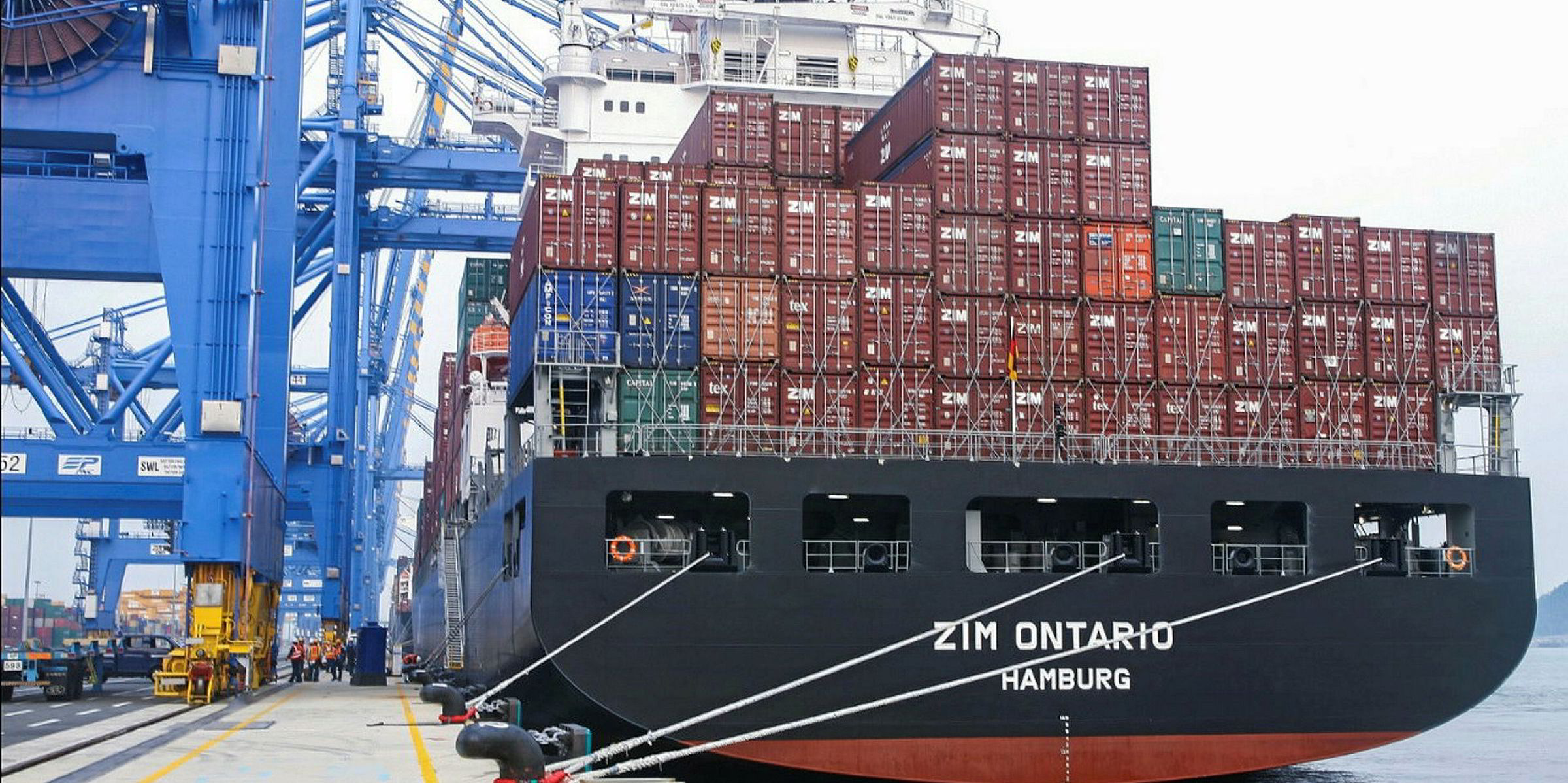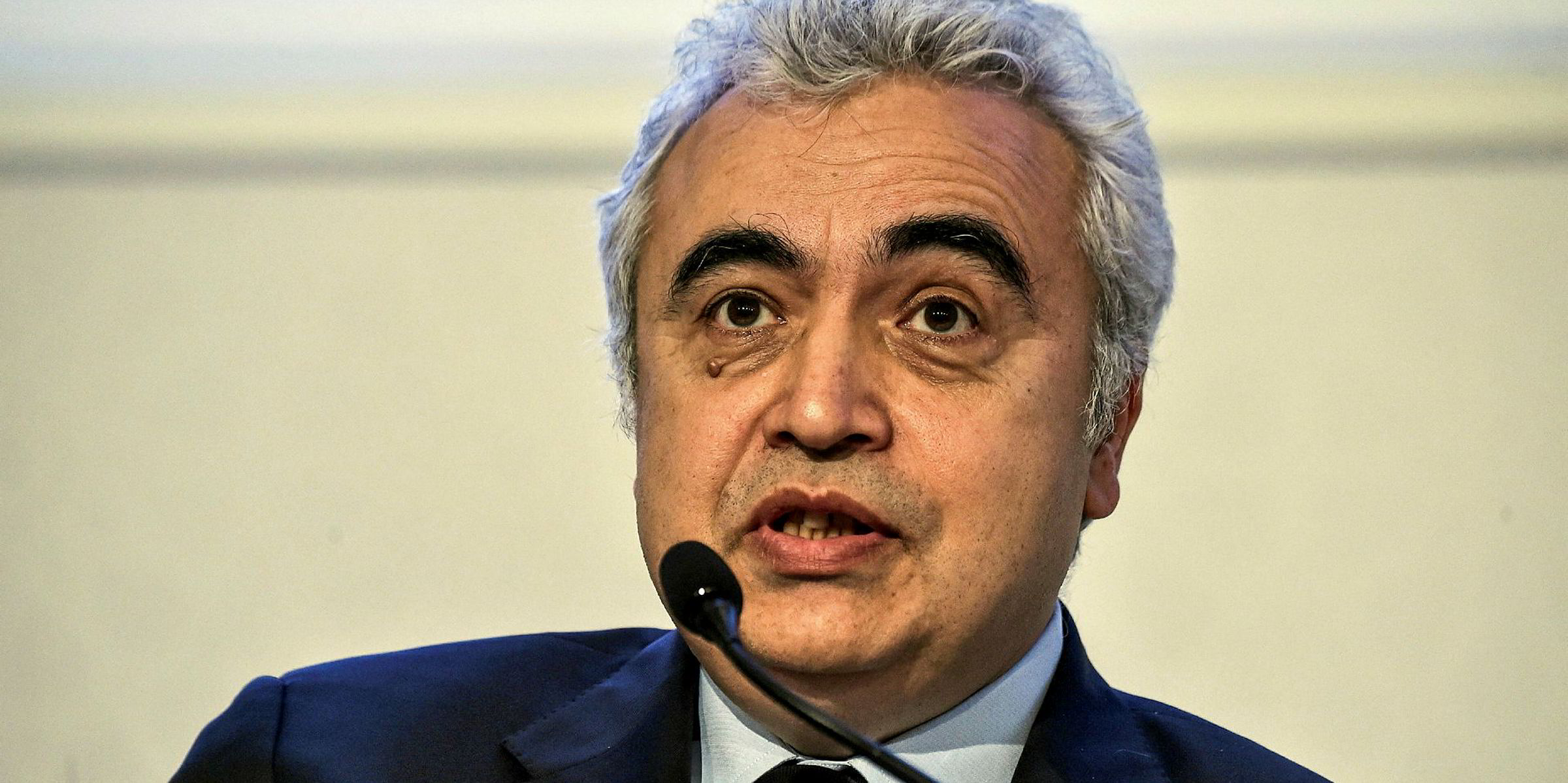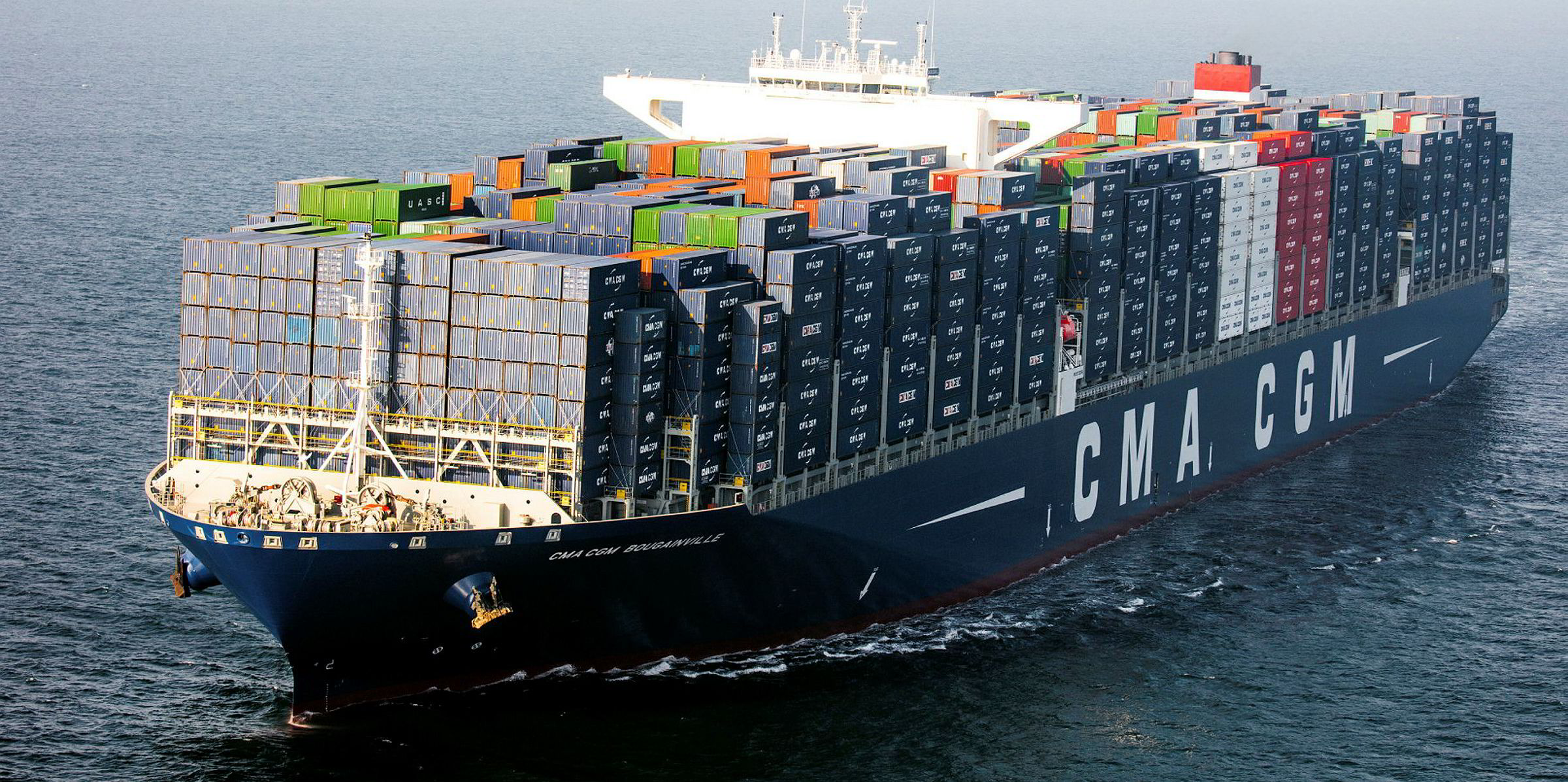Boxship owners could slowsteam more ships and carry out more transhipment to combat higher costs from IMO 2020 regulation, according to shipping consultancy Drewry.
The company said that lines' actions will depend on how successful they are at implementing fuel surcharges.
"One potential side-effect from the new regulations could be greater slow-steaming and use of transhipment," it added.
"The logic being that as ships' sailing speed is reduced and round voyages are extended carriers will drop ports from rotations to ensure that transit times to key points remain competitive. Fewer direct port calls will induce greater need for transhipment and feeder operations."
Drewry said its research shows that in the past there has been a reasonably high correlation between incidences of transhipment globally, as a percentage of total port throughput, and bunker prices.
The consultancy added that the upside from this shift towards more transhipment from a ports and terminals perspective is that it will inflate the global port throughput sum as four container movements at the quayside will be required instead of two as with direct port-to-port calls.
Drewry warned that failure to recover more of the fuel cost from customers than in the past, estimated to be around 50%, could be "ruinous" for some lines, many of which are still operating with highly distressed balance sheets.
Shippers willing to pay more
But the company believes there is a general acceptance among shippers that they will have to pay more towards the fuel cost burden, "although there are still a number of sticking points regarding the mechanics of how it should be done."
"Some shipping companies may also be reluctant to adopt a new fuel immediately, and would prefer to use marine gasoil [MGO] until they have confidence that VLSFO will be easily available in ports and stable and compatible with similar grades," Drewry said.
"Operators with a higher quota of ships fitted with scrubbers that are able to continue to use the cheaper high-sulphur fuel oil [HSFO] stand to make significant operating expense savings, after the initial retrofitting investment. Last year, the premium between HSFO/IFO 380 and MGO at the port of Rotterdam was approximately $210 per tonne."





